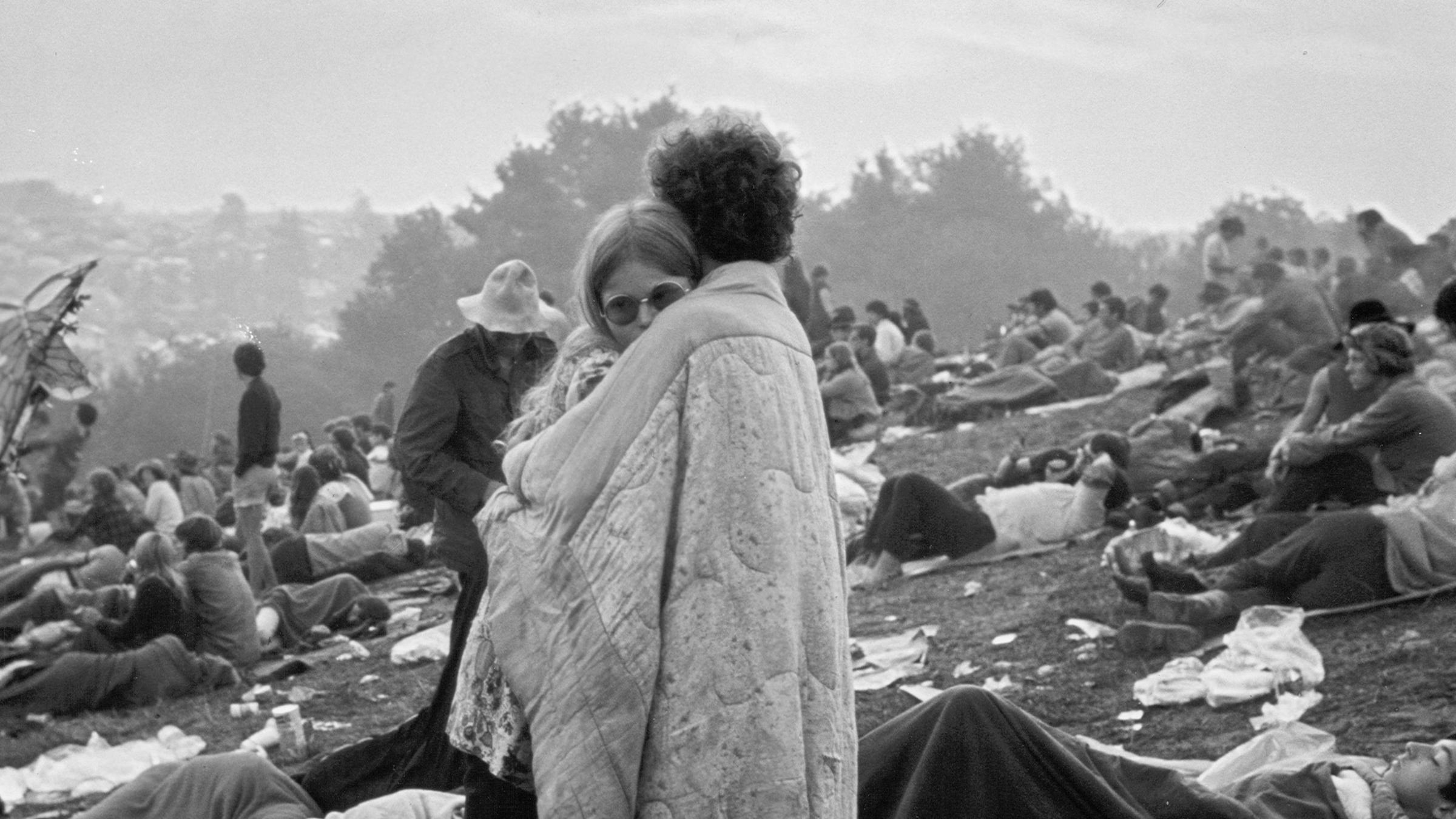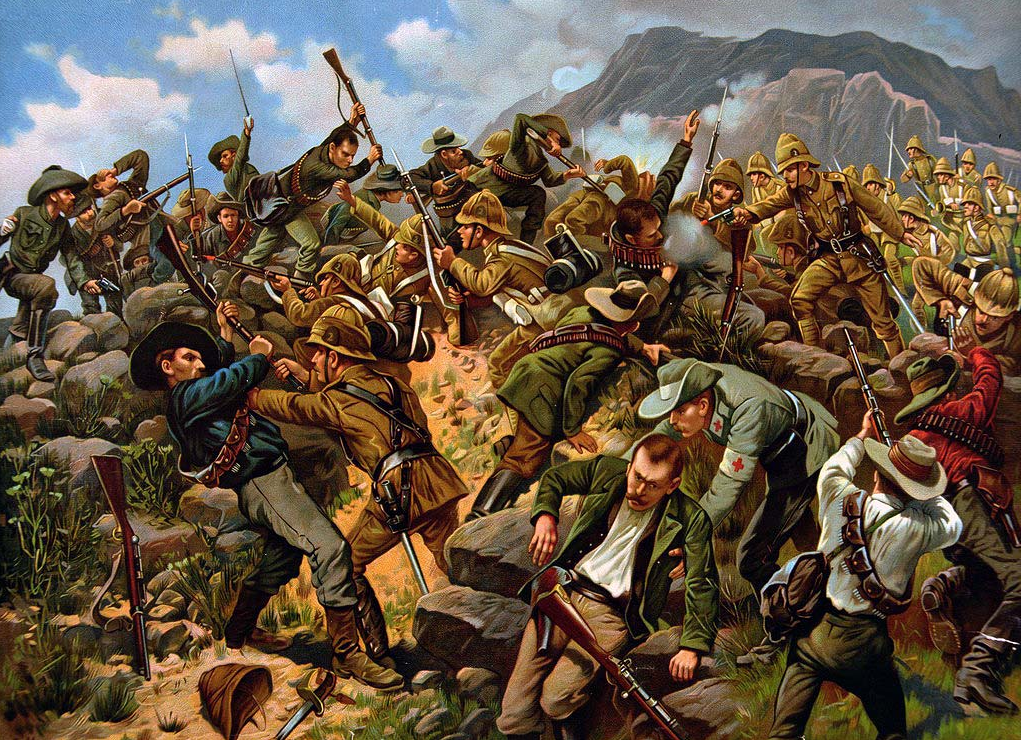I admit that my first impulse, upon reading the title I have given this piece, is to yell, “NOTHING!”
But really, just as really good people often have a blind spot, or some area where they fail, so bad people tend to have something good to  offer. With that in mind, I would like to ponder the possibility that the dirty hippies might have provided something – anything – of value to the West.
offer. With that in mind, I would like to ponder the possibility that the dirty hippies might have provided something – anything – of value to the West.
Now, before I get into that, let me point out that in my family, calling someone a “hippie” is a grave insult, and only used in two situations:
1. We are just making a flippant joke, but pointing out the idiocy of a comment or action undertaken by a family member. In this situation, we realize the person is not actually a hippie, but rather has said something or done something dumb enough to be equated with that loathsome group.
2. So far, to my knowledge, the second situation has never been applied to any member of my family, but it is used when speaking about others who are in fact hippies. When this is pointed out, we tend to be shaking our heads, both in disbelief that someone would actually do “hippie” things, and in disgust that such a person exists.
So it is no easy task for me to search for something of value that might come from hippies. They are dirty, nasty, and downright disgusting.
In fact, the only real benefit, or beneficial characteristic, that I can see coming from hippies is simply that they are persistent. Now, this can be applied in various ways and situations, but any valuable commodity that I can figure out deriving from hippies is based upon persistence.
Here are a couple of examples:
- Consider politics. Hippies have had a major impact on the politics of the West. Much of this has been built around the idea of globalization, and it shows. London is pretty much lost, as are most major cities of the West. Even many rural communities feel the burden placed upon them by this horrendous set of policies. But you have to hand it to the hippies – they did not give up. When their initial forays into destroying the West were beaten back, they did not give up. They continued to push, one increment at a time, until they finally got what they wanted.
This leads into a fuller discussion of incrementalism, which has been discussed here before. While the Right (including many on the Hard Right) want everything fixed immediately, and often turn on their own side because a proposed solution does not go far enough for their tastes, hippies are willing to take any small win they can. They understand that a small, minor victory today may well lead to larger, more comprehensive victories in the future. This is a lesson the Right needs to learn, and learn quickly. - Also look at social issues. While these things are often tied into politics, in reality, they are separate things. Fifty years ago, the vast majority of Americans opposed abortion, gay marriage, and other such abominations. Today, large portions of Americans support those things. Granted, these issues have also been drawn into the political arena, but it is the constant pushing in the social arena that has led to their acceptance.
Hollywood, and the entertainment industry as a whole, has been shoving homosexuality, promiscuity, and other sinful behaviors in American faces for decades, and that has taken a toll. It is seen so often on-screen and in song that people began to consider it normalized. That makes it easier for the political positions to change, as well.
 Understand, the hippies did not change the world overnight. It was a multi-generational effort that has taken decades. Hippies are persistent and flexible. They take what they can get and then continue to push for more.
Understand, the hippies did not change the world overnight. It was a multi-generational effort that has taken decades. Hippies are persistent and flexible. They take what they can get and then continue to push for more.
So while I despise hippies and all they stand for, I cannot help but admire their tenacity. While I am convinced that their very direction is Godless and counter-productive, I must admit that their strategy works. As such, I can reply with an affirmative to the question – yes, we can learn from the hippies. We can learn to be persistent and tenacious, and beat them with their own strategies.










The answer is still nothing dang it! They are a bunch of greasy locust that simply swarm about and burden down the native populace with their hive mind stupidity. Same reason the dang protests always have lots of people for liberal causes – they don’t have anything productive to do with their lives, so they can show up for such crap.
That is what we have to learn, how to drive off the locust when they first arrive.
C.W. McCall….American Prophet?
https://www.youtube.com/watch?v=7LzVw2ugQck
Well no doubt. I was speaking of tactics and strategy, not actual content.
That’s the part to vacillate between. Did the hippies have a strategy at all? Or were they just the happy, punch-drunk, useless foot soldiers? Who guides the hordes? Does the average hippie have a motive, or just float around like damned plastic in a garbage horde on the ocean, being pushed around by the tides?
I have to believe that the louts did not have a “strategy” per se. But, is it just underestimation of a hive mind in motion?
I do not think individuals did have any strategy. They are followers and tend to go with the pack. However, as a group, they did not stop. I mean consider:
One on the right puts forward a resolution and it loses in a fair vote. He concludes, “I have lost. I can either try to spend time convincing others to agree, or I can quit.” Often, “conservatives” just quit. Sometimes, they try to educate their neighbors, but they do not see another vote unless things have really changed.
No so on the left. They lose? Just keep coming over and over, and gaslight that people are changing their minds and that is why THIS one will work.
They are tenacious.
5